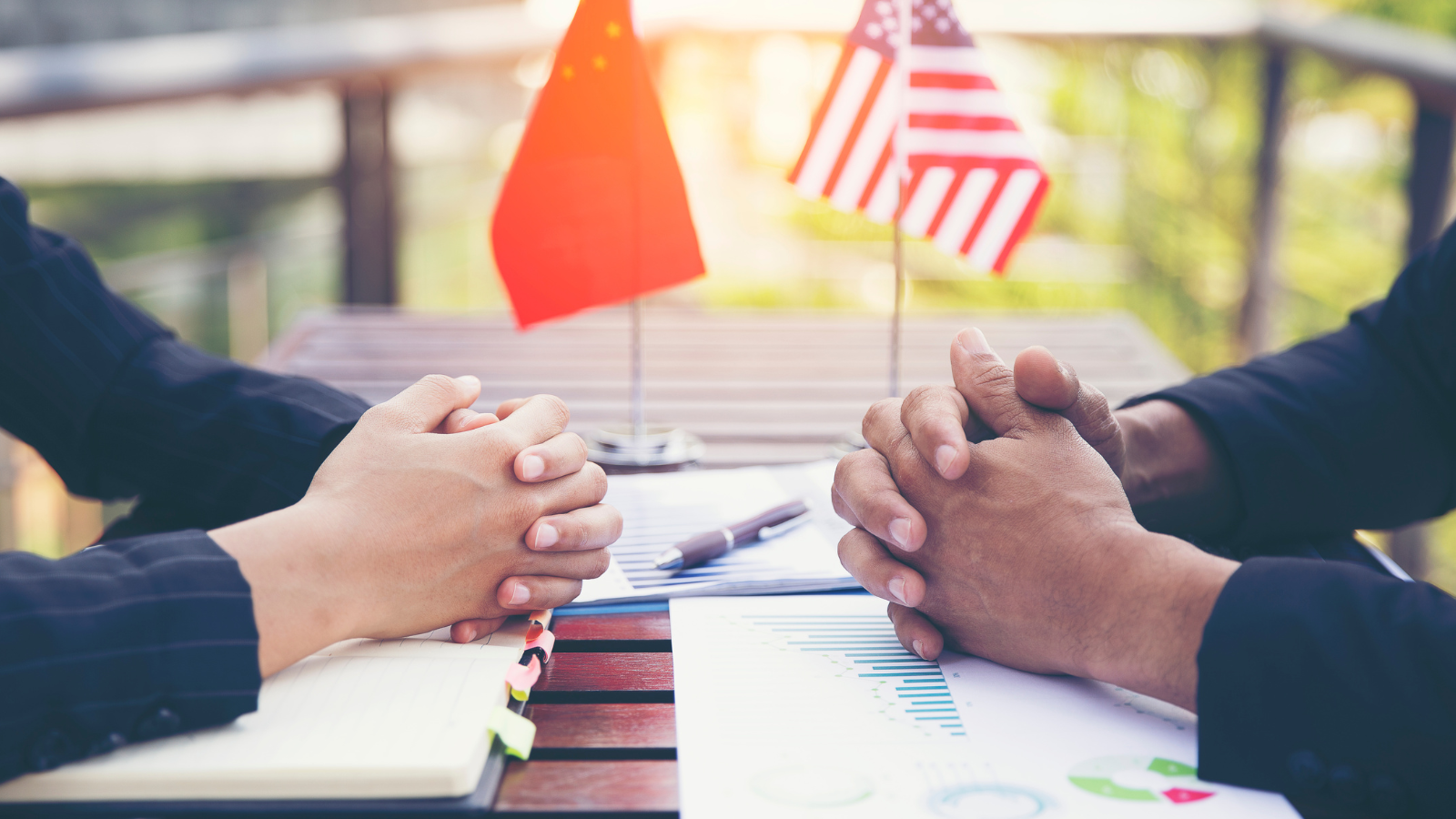Mexico's Nearshoring Trends on the Rise
The trend of nearshoring is on the rise, with American companies increasingly moving their operations to Mexico. Nearshoring can be applied in various industries, such as manufacturing, customer service, IT services, software development, and call centers, among others. However, this trend can also present challenges for organizations, such as the need for shipping sectors to go paperless in order to keep up with demand.
Nearshoring refers to the practice of relocating business operations, particularly manufacturing or services, from a remote or distant location to a location that is geographically closer to the company's home country or market. It involves moving business processes or production facilities to a nearby country or region that offers cost, logistical, or strategic advantages, as compared to offshoring, which involves relocating operations to a distant location, often in a different country or continent. The concept of nearshoring is often applied in the context of outsourcing, where a company contracts out certain business functions or processes to external providers. Nearshoring allows a company to maintain closer proximity to its home market or headquarters, which can offer several benefits.
Shipping a 40-foot container from Shanghai to New York now costs nearly $10,000, causing frustration among importers and talk of a market bubble.
A perfect storm in global trade is causing a major shipping container shortage, leading to unexpected spikes in ocean freight rates.
The Republican-led U.S. House of Representatives passed the Israel Security Assistance Support Act on Thursday, pushing President Biden to send weapons to Israel more quickly.
Oil prices fluctuated within a tight range on Friday, as investors weighed mixed signals from the world's top oil consumers, China and the U.S. Brent crude slipped 13 cents to $83.75 per barrel, while West Texas Intermediate (WTI) fell 4 cents to $79.22.
Commerce Secretary Gina Raimondo emphasized that a potential Chinese invasion of Taiwan and the takeover of chip manufacturer TSMC would be catastrophic for the U.S. economy.
President Joe Biden is advocating for a significant increase in tariffs on Chinese steel and aluminum imports, proposing to triple the current rates.
After a challenging six months marked by the driest October in 73 years, the Panama Canal is finally seeing a turnaround.
Taiwan Semiconductor Manufacturing Company (TSMC) is making a significant move by bringing its most advanced technology to America, aligning with U.S. President Joe Biden’s goals for a secure tech supply chain.
China and Russia recently committed to maintaining stability in their industrial supply chains.
A massive 7.2-magnitude earthquake rocked Taiwan's eastern coast last Wednesday, causing not only tragic loss of life but also significant ripples in the semiconductor industry.
The global market is currently flooded with goods from Chinese factories, ranging from cars and appliances to computer chips and electronics.
The Panama Canal, a vital artery for global trade, is facing a serious challenge as its water levels plummet to historic lows.
In the world of drug and vaccine development, long-tailed macaques are like gold, fetching prices of $50,000 or more in the US. But the journey from the Cambodian forests to the labs is anything but ethical or smooth.
The US's top trade official, Katherine Tai, suggested to the BBC that the sharp decline in trade with China might not be all bad news, hinting at potential benefits from diversification.
Vietnam's suddenly the cool kid on the block, with everyone wanting to hang out.
European Union countries hit a roadblock on Wednesday as they halted the progress of new regulations aimed at making large companies accountable for potential forced labor and environmental harm in their supply chains.
In recent years, American CEOs have been drawn to China's vast consumer market, but doing business there has become increasingly challenging and risky.
Arrive Logistics and BlueGrace Logistics have jumped on the nearshoring bandwagon by opening their first offices in Mexico.
U.S. authorities are holding thousands of luxury cars from brands like Porsche, Bentley, and Audi due to a part that violates laws against importing goods made with forced labor in China.
The dry season in Panama is here, and it's causing some serious turmoil for trade through the Panama Canal.
The Food and Drug Administration has given Florida the green light to import medications from Canada - a move aimed at lowering drug prices in the United States.
In a recent incident in the Red Sea, U.S. helicopters successfully defended a Maersk container vessel from an attack by Iran-backed Houthi militants.
Maersk and CMA CGM, two major global shipping companies, are implementing additional charges due to their decision to reroute ships away from the Red Sea following recent attacks on vessels in the region.
Iceland's capital, Reykjavik, faces potential gas pollution as a volcano erupted on the Reykjanes peninsula following weeks of earthquakes.
U.S. Treasury Secretary Janet Yellen expressed the importance of stabilizing the U.S.-China relationship during a dinner hosted by the U.S.-China Business Council.
Government ministers from nearly 200 countries reached an agreement, known as the UAE Consensus, that calls for a transition away from fossil fuels.
Commerce Secretary Gina Raimondo's got her eyebrows raised about China's chip wizardry, and she's saying Uncle Sam won't sit back.
Geopolitical risks are seen as the primary concern for forwarders and the air freight industry in 2024, according to delegates at the ACE air freight forwarding event in Abu Dhabi.
U.S. Commerce Secretary Gina Raimondo stated in an interview that more controls on tech exports to China will be implemented as needed, despite concerns from businesses.































Argentina is gearing up to connect its Vaca Muerta shale play with the Punta Colorada port through a new pipeline, enabling supertankers to load crude oil.